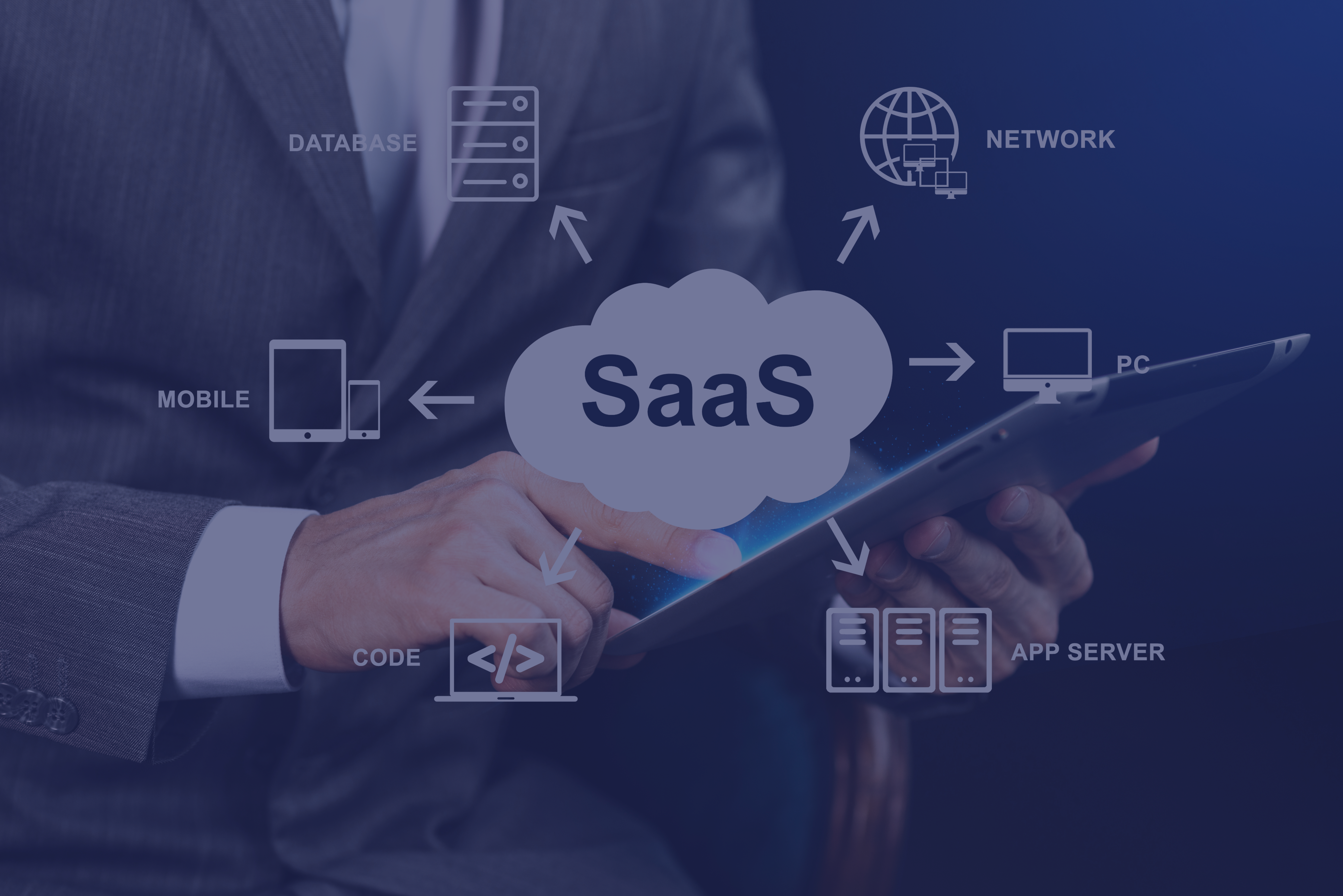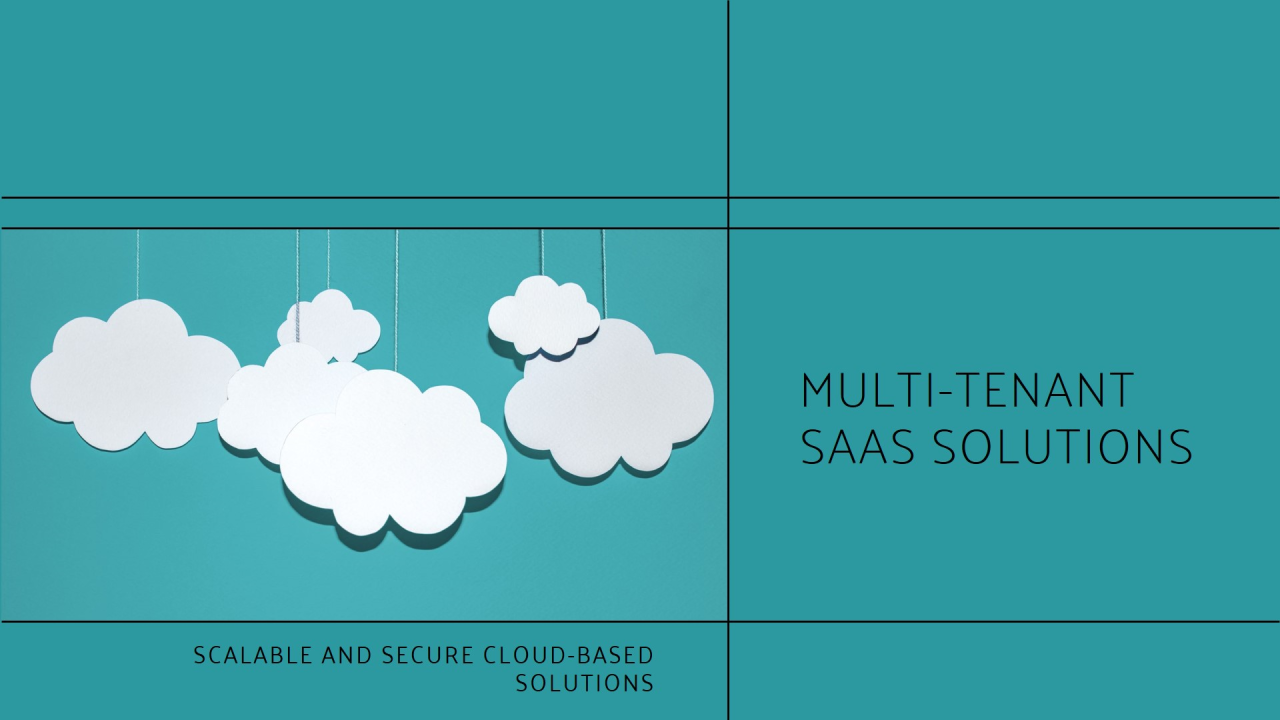Mobile application security has become a prime issue today, especially when the majority of businesses are investing considerable resources in making their workforce more active and productive. The trend of Bring Your Own Device (BYOD) has undoubtedly benefitted organizations by offering higher work efficiencies and employee comfort but has also brought along an inevitable downside in the form of peppy vulnerabilities that organizations need to address promptly.
The Inconstant Threat
One significant factor governing the field of mobile security is the evolution of malware techniques that can trespass secure organizational lines. A considerable number of companies invest great fortunes into their endpoint security programs to prevent the potential threat of data leakage and unauthorized data access via a user device. Because user devices are far more defenseless against cyber-attacks, building foolproof secure strategy becomes highly imperative for modern tech firms.
Subtle Emergence of Workplace Security
Modern world companies are addressing the application security issue with more stringent data access protocols. Third-party secure applications are quite popular in this province, where expert security teams build advanced corporate systems to curb down vulnerable shortcomings without delimiting employee’s resource access. By controlling data access on free-floating user devices, companies can effectively manage their endpoint security without concerning about the device type.
Investing in Acceptable Use Policies (AUP)
Corporate houses today need to bring about a balance point between enterprise mobility and secure data channeling, to efficiently use employee potential without curbing down their resource access. By deploying cutting edge Mobile Device Management (MDM) systems, enterprises can securely maintain the credibility of employee access through over-the-air enrollment and management of both corporate-owned and employee-personal devices. AUPs can automatically validate device information and issue a regulatory certificate for data use.
Whitelist App Usage

With competent MDM systems, companies can also reinforce whitelist and blacklist app installation. Whitelisting validates user’s device signature and credentials and allows them secure data and resource access from any authorized user device. MDM systems can also help strengthen over-the-air app installation and maintenance, making it easier for IT professionals to control, oversee, and manage permissible access across varied geographies.
MDM systems are often accompanied by integral MAM systems that primarily manage application installation, update provisioning, profile matching, and data mapping to organizational apps.
Both these systems can completely automate and restore mobile application security while keeping decision makers in complete control of valuable company resources. Automated device monitoring becomes highly convenient for decision-makers who can now track and manage data access, app installation, employee competency on the go. These systems can also bring improved control over employee work status and significant efficiencies under varied work environments.
Being a leading enterprise mobility solution provider on a global scale, Pratham’s MDM and MAM solutions are ranked as the most spacious application security solutions for enterprise use. Our teams make use of numerous native and hybrid application tools along with leading-edge security intelligence to set up best in class security during the development stage itself. Visit us to learn more about our development competencies.










